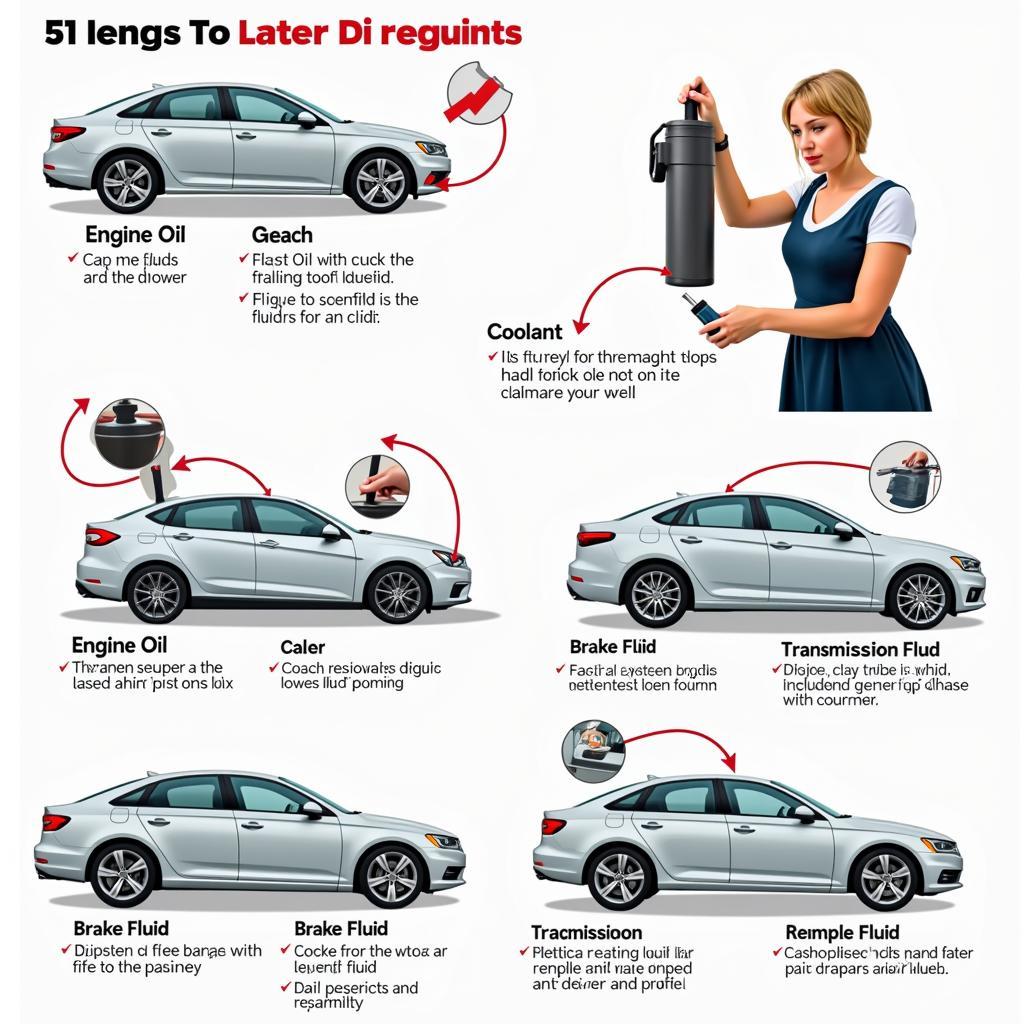ESC problems are a common source of frustration for RC car enthusiasts. Whether you’re a seasoned racer or just starting out, understanding how to diagnose and fix these issues is crucial for keeping your RC car running smoothly. This guide will delve into the most common ESC problems, providing troubleshooting tips and solutions to get you back on the track.
One common issue is a completely unresponsive ESC. This can be caused by a dead battery, loose connections, or a faulty ESC. First, check the battery and make sure it’s fully charged and properly connected. Next, inspect all the wiring connections between the ESC, motor, and receiver. Look for any loose or damaged wires and reconnect or replace them as needed. If these checks don’t resolve the issue, the ESC itself might be faulty and require replacement. Sometimes, the problem might not be with the ESC but rather with the chips used in the car’s electronic systems. You can learn more about common problems with chips for cars.
Understanding Common ESC Problems in RC Cars
Several factors can contribute to ESC problems. Understanding these factors can help you pinpoint the root cause of the issue and apply the appropriate fix.
Overheating
Overheating is a frequent ESC problem, often caused by excessive load on the motor, such as driving through tall grass or using a gear ratio that’s too high. Running the car for extended periods without proper cooling can also lead to overheating. Ensure adequate ventilation for the ESC and consider using a heat sink to dissipate heat more effectively.
Cogging
Cogging, a jerky or stuttering motion at low speeds, can be caused by incorrect ESC settings or a faulty motor. Check the ESC’s programming and adjust the settings related to throttle response and startup. If the problem persists, the motor might need inspection or replacement.
Loss of Control
A sudden loss of control can be a frightening experience. This can stem from a failing receiver, interference from other electronic devices, or a malfunctioning ESC. Ensure your receiver is properly bound to the transmitter and try changing the frequency or location to minimize interference.
Troubleshooting Specific ESC Issues: A Step-by-Step Guide
Let’s break down troubleshooting specific ESC problems into manageable steps.
-
Check the Battery: Ensure the battery is fully charged and properly connected to the ESC. A low battery can cause erratic behavior or a complete shutdown.
-
Inspect Wiring: Carefully examine all wiring connections for any loose or damaged wires. Secure any loose connections and replace damaged wires.
-
Verify ESC Settings: Consult the ESC’s manual and ensure the settings are appropriate for your RC car and driving style. Incorrect settings can lead to performance issues or even damage the ESC.
-
Test the Motor: Disconnect the motor from the ESC and test it separately to rule out a motor problem. If the motor functions correctly, the issue likely lies with the ESC.
-
Calibrate the ESC: Many ESCs require calibration to function properly. Refer to the ESC’s manual for the specific calibration procedure.
“A properly calibrated ESC is essential for optimal performance and prevents unexpected behavior,” says renowned RC car expert, Michael Rodriguez. He further emphasizes, “Regular maintenance, including cleaning and inspection of the ESC and its connections, can prevent many common problems.”
Preventing Future ESC Problems
Prevention is always better than cure. By following a few simple preventative measures, you can minimize the risk of future ESC problems.
- Regular Cleaning: Keep the ESC clean and free of dust and debris, which can interfere with its operation.
- Proper Gearing: Use the correct gear ratio for your RC car and driving conditions. Overgearing can put excessive strain on the ESC and motor.
- Adequate Cooling: Ensure adequate ventilation for the ESC and consider using a heat sink, especially in demanding driving conditions.
- Firmware Updates: Keep your ESC’s firmware up-to-date. Manufacturers often release updates that improve performance and address known issues. Some rare and complex problems might require professional intervention. You might be surprised by the range of rare problems for car mechanics to work on. Even seemingly simple issues like 1998 lincoln town car window problems can sometimes present unexpected challenges.
“Investing in a high-quality ESC and following the manufacturer’s recommendations can significantly extend its lifespan and reduce the likelihood of problems,” advises Sarah Chen, a seasoned RC car racer and engineer. “Also, understanding basic troubleshooting techniques can save you time and money in the long run,” adds Chen. Car electronics, even in RC models, can involve complex interactions, sometimes requiring knowledge of concepts like the linear algebra car intersection problem to fully understand their workings. If you’re experiencing persistent issues with your car alarm, you might find our article on audi a4 car alarm problems helpful.
Conclusion
ESC problems can be a nuisance, but with a little knowledge and patience, most issues can be resolved. By understanding the common causes, following the troubleshooting steps outlined above, and implementing preventative measures, you can keep your RC car running smoothly and enjoy countless hours of fun on the track. If you’re still experiencing difficulties, don’t hesitate to contact us at AutoTipPro for expert assistance. Our phone number is +1 (641) 206-8880, and our office is located at 500 N St Mary’s St, San Antonio, TX 78205, United States. We are here to help you with any Esc Problems Rc Car.





Leave a Reply